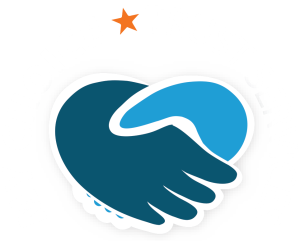Document Library
Please click the tiles below to download the document. Once downloaded, you can either fill in electronically and save with a new name to your hard drive or print the document to complete by hand in hard copy. Documents requiring signatures will need to be printed and signed. From there, you can either scan and upload for electronic submission or mail in the hard copy.
Click Here to Download
Click Here to Download
Click Here to Download
Click Here to Download
Click Here to Download
Click Here to Download
Click Here to Download
Click Here to Download
Click Here to Download
Click Here to Download
Click Here to Download
FAQ’s
Community SNTs vs ABLE Accounts
ABLE Accounts and Community SNTs both offer a way to safeguard resources and preserve financial eligibility for benefits.
You can have an ABLE Account and a Community SNT at the same time to maximize resources available.
| ABLE Account | Community SNT |
|---|---|
| The beneficiary can manage their own account, or an authorized representative can manage it for them |
The beneficiary or authorized representative can manage the account along with the non-profit organization/trustee to manage disbursement requirements, trust laws, and tax records related to disbursed taxable income |
| Disability onset prior to the age of 26 | No age requirement – must meet the social security disability requirement |
| Only one ABLE account permitted per individual but may also have an SNT | May have multiple SNTs along with an ABLE account |
| Maximum annual contribution of $18,000 | No limits to the contribution amounts – ideal for large settlements or inheritances |
| If the account grows to $100,000.00, SSI will be suspended until the ABLE account balance drops well below that level |
Amounts do not impact benefits |
| $520,000 maximum holding | No maximums |
| Ability to utilize a debit card for the account | Debit card use would be treated as income and therefore disbursements should be requested as outlined, or for time sensitive purchases, credit cards can be utilized (see information and procedures document) |
| Very easy and inexpensive to set up | Easy enrollment and can be set up with as little as $250 |

Contact Us
Representatives are available to speak with you Monday through Friday, 8:30 am – 4:30 pm.
If we are not able to take your call, please leave a message and we will return your call as soon as possible.
You can also reach us by email at the address below.
We look forward to hearing from you.
